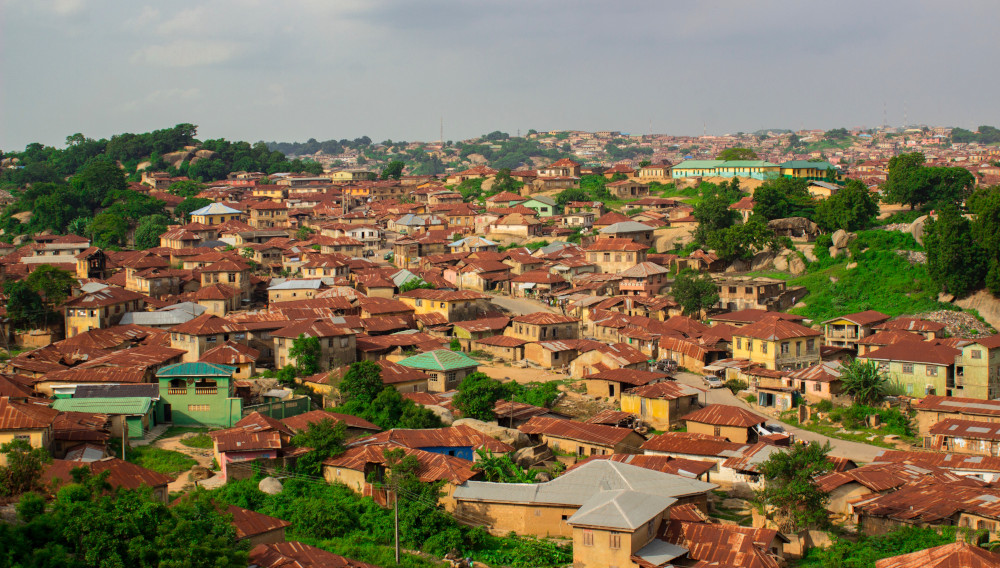Nigeria is Heineken’s “painpoint”
Nigeria | Africa’s most populous country is a prime example as to how to bring a profitable beer market down. Since 2013, its beer profit pool has shrunk to less than a third of what it used to be. Only Nigerian Breweries (NB) is making any profit. The others must be loss-making.
To the question from an analyst, which market is giving him least joy, Heineken’s departing CEO Jean-Francois van Boxmeer, first tried to avoid giving a straightforward answer. The timing – Heineken’s Full Year 2019 results release on 12 February 2020 – was critical. The market leader NB, which is stock-market listed and in which Heineken has a 56 percent stake, was to release its results the same day.
Mr van Boxmeer obviously did not want to add to NB’s woes and send its share price down further. In the end, he admitted that it is Heineken’s most difficult market these days, its “painpoint”.
Turnover and profit tumble
For the Full Year 2019, NB reported a turnover of NGN 323 billion (USD 880 million), a 0.4 percent decline over 2018. Its EBIT was NGN 35 billion (USD 96 million), a 4.6 percent drop year-on-year.
NB’s presentation included a chart of Nigeria’s beer profit pool, which – cunningly – omitted the y-axis, indicating the profit pool’s value. To all appearances, only NB made a profit in 2019. Its competitors, Guinness Nigeria, in which Diageo has a 58 percent stake, and AB-InBev accrued losses.
Again, to all appearances, the profit pool has shrunk to less than a third of what it was in 2013, assuming it is measured in the local currency Naira. But the loss was far greater. Nigeria’s beer profit pool (as measured in EBIT) was estimated at around USD 480 million in 2013 by Nomura, a bank, making it the second most profitable beer market in Africa behind South Africa.
Now all that is left of the erstwhile profit pool is NB’s reported EBIT of USD 96 million. That’s a decline of 400 percent.
Who is to be blamed?
The reasons for the industry’s profits going up in smoke, even as volume sales rose to 17 million hl beer in 2019, are various. In the years since, Nigeria has witnessed a currency devaluation, a recession, a steep hike in taxes, consumer down-trading, material cost inflation and increased promotional intensity, which coincided with (or were triggered by) first SABMiller (after 2011) and later AB-InBev aggressively pushing into this market.
Depending whose data you trust more, Nigerians drank an estimated 19 million hl beer in 2019 (Euromonitor) or 17 million hl (GlobalData).
The Nigerian beer market has lots of things going for it: it has the demographics (200 million people), it has the youth (the median age is 18 years); it has a low per capita consumption; the economy is diversifying away from crude oil, and the currency’s decline may have come to a halt.
But there is little NB can do to turn things around, for as long as a major competitor – AB-InBev – does everything to keep prices low in order to expand its market share.
Therefore, NB has to improve its productivity and reengineer the business, while launching new products and “increasing consumer focus” to keep its own market share from deteriorating further.

